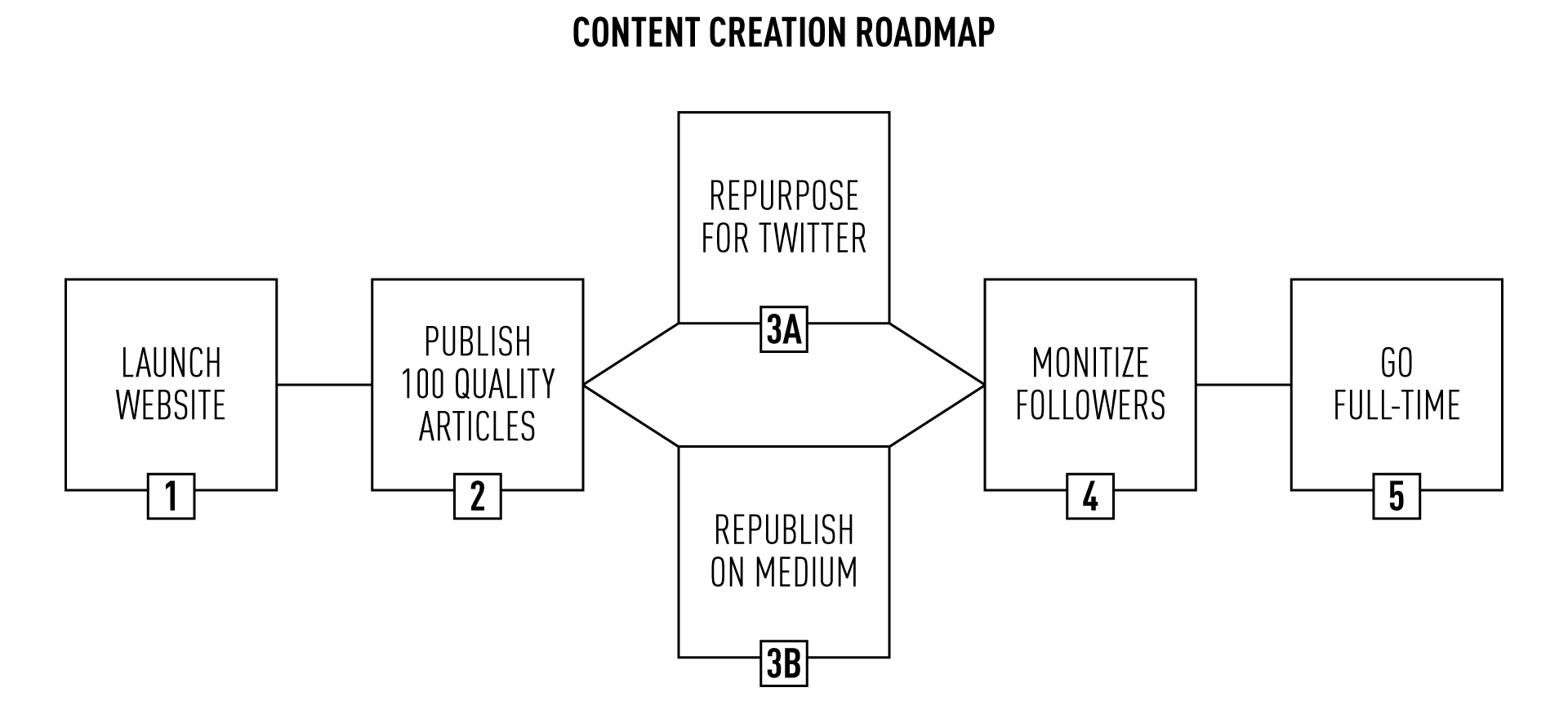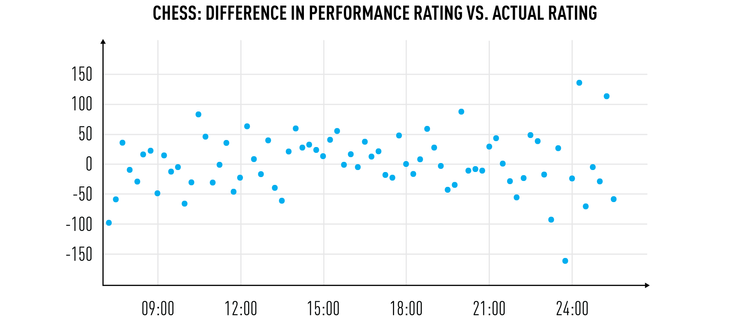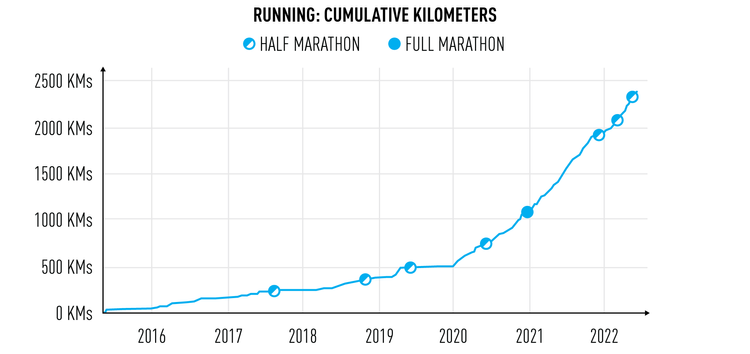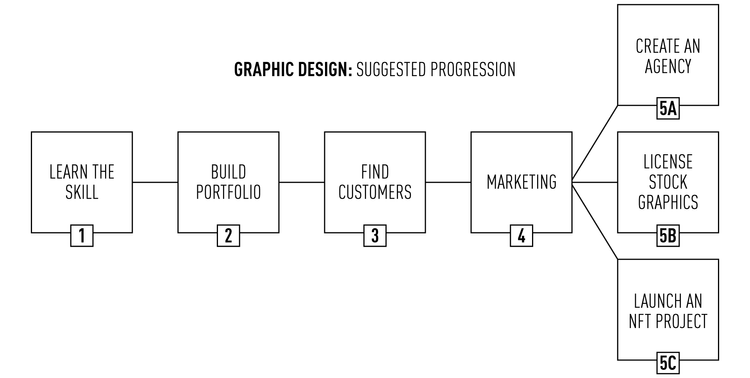Success In Progress: a Case Study of Applied Growth Mindset

This is the beginning of a new chapter in my life, possibly titled "personal brand" - but I don't quite know yet, because I just started it. I do however know the content of this chapter, it is a documentation of success in progress and a case study in applied growth mindset.
"Success in progress"
Inspired by the blue ocean strategy and the law of category, I'm trying to create a (somewhat) new concept and dominate that, rather than shove myself into an already crowded field. So what is success in progress? Well, it's a double entendre of two of my favorite things:
1. Progress towards success
The most straightforward meaning of success in progress is simply seeing success as an endpoint that we're progressing to. In other words, moving towards your goals. Success in progress does however have some specific features beyond chasing goals:
Assumed success
An implication of "success in progress" is that you'll eventually reach success in some way. If you quit, then it's not success in progress, but actually failure in progress. So, this concept assumes success. As such, determination and perseverance are necessary components.
Stakes
The phrase "success is progress" is itself quite cocky, and in some sense raises the stakes. Failing a goal is one thing, but failing a goal whereby you assumed success is especially painful. Therefore, success in progress pushes you to follow through with your goals and back up what you've said.
2. Finding success in progress itself
The second hidden meaning is success in progress. Said another way, it is appreciating progress itself as a form of success. As the cliché goes, success lies in the journey, not the destination.
Learning
Even if you ultimately fail a specific goal, you'll still succeed because you've learned. The two books "how to fail at almost everything and still win big" and "win or learn" mirror this exact sentiment. Choose projects and habits that, even if you "fail" in an isolated sense, give you transferable skills, relationships and experiences that carry over to subsequent attempts and projects, so that you inevitably succeed over time.
Success in progress vs self-improvement
Success in progress is a new and specific flavor of personal growth. The key distinction is that self-improvement content is often theoretical, but success in progress is extremely practical.
| Success in progress | Self-improvement |
|---|---|
| Practical | Theoretical |
| Applied growth mindset | Study of growth mindset |
| Personal experience | General knowledge |
| Documenting "Here's what I did" | Preaching "Here's what you should do" |
| Specific tools, apps, etc. | High level ideas |
Documenting success in progress
How cool wouldn't it be to see Michael Jordan's first session on the basketball court, or the moment Mark Zuckerberg and his colleges launched Facebook!? I sometimes like to look through YouTuber's oldest videos. For example, MrBeast's first several hundred videos on YouTube did not receive many views. At the time, you could easily consider these videos failures. However, as the cliché goes, you only fail when you stop trying. Today, MrBeast is the biggest YouTuber ever, and that wouldn't be possible without his first videos. At this point, he should change the title of these videos to "success in progress", because that's exactly what they are.
Build in public
There's a movement amongst creators called build in public. The idea is simple, whatever you're creating, publish it, post about it, and show it to the world - before it is finished or you've become successful. In Austin Kleon's show your work, he mirrors this exact sentiment. Showing your work has several benefits:
- Marketing: Build an interest in the thing you're creating
- Feedback: Receive comments on, and ideas for, the thing you're creating
- Motivation: Find likeminded people who are on a similar journey as yourself
Accountability
Documenting progress towards success involves some level accountability. Your goals are publicized, so everyone can potentially see if you're not doing what you've set out to do. If you post to YouTube or Twitter, and your content is bad, then people will see it as such. Therefore it pushes you to improve. Accountability is especially heightened if you use your own face or name.
My case study
I suffer from shiny-object syndrome, perfection paralysis, action faking and good old-fashioned laziness. Those are a lot of fancy terms that I have written about if you're curious. The essence in all of them, is that I like ideas, but hate execution.
Project ethos
The overarching goal is to transition my mindset from reactive to proactive. Or consumer to creator.

Goal
My goal is to gain 1000 true fans. I'm looking for people who are going through a journey of applying their growth mindset, and who wants to see examples of other people doing exactly that as well. Ultimately, I want to monetize this community in some way, so that I can work full time on creating "success in progress"-content.
System

My system to achieve this goal is to write/create regularly, and post my content online. I'm also going to repurpose my content on Twitter, and post frequently on there as well. I've picked out a handful of people that I will secretly compete with. This is just to motivate myself.
Motivation

Motivation typically follows are a curve like this. The most important part, is the so-called "dip" - a period after the initial motivation wears off, where people typically lose a lot of passion. It's hard to anticipate when this dip will come, or how deep it will go, but it is only temporary. Knowing about this dip can help you overcome it. In my case, I know that I am just starting, and so will likely see a drop off in motivation very soon. It's important to persevere through this.




